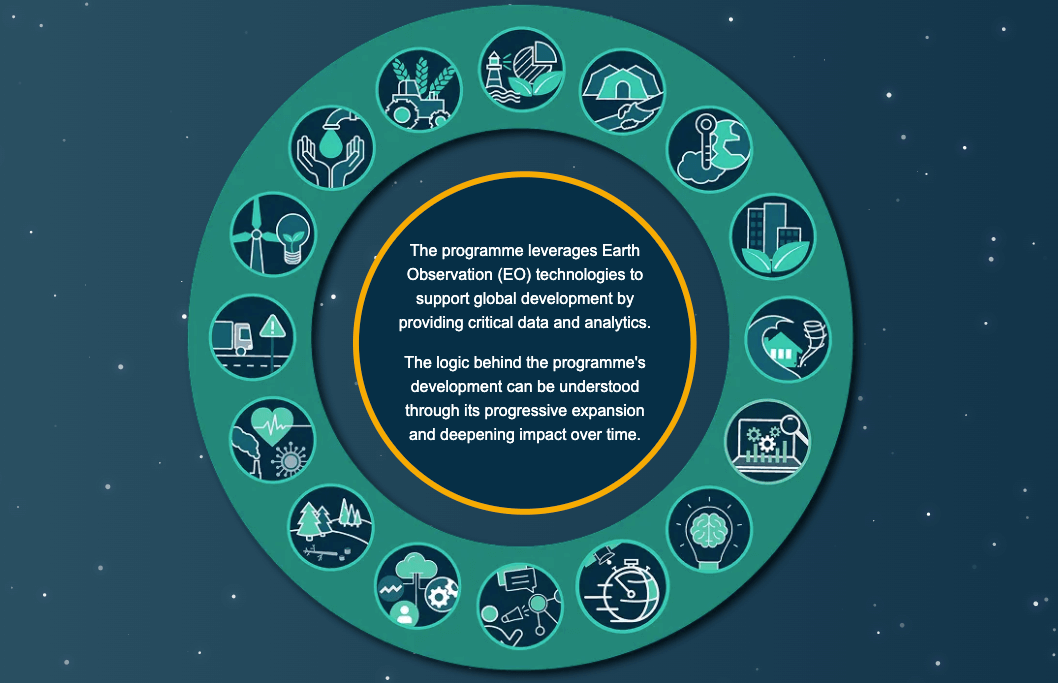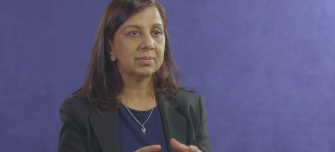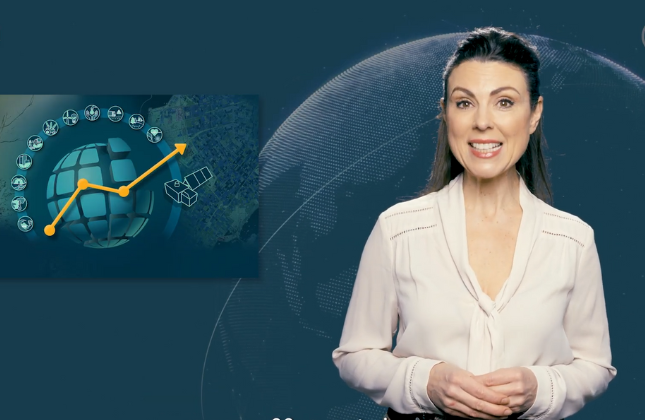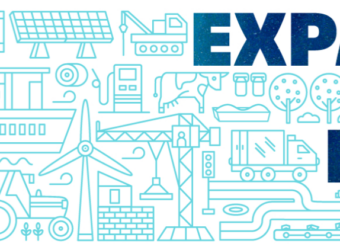In October 2022, the G20 Finance Ministers and Central Bank Governors welcomed the workplan on the Third Phase of the G20 Data Gaps Initiative (DGI-3) and asked the IMF, the Financial Stability Board (FSB) and the Inter-Agency Group on Economic and Financial Statistics (IAG) to begin work on filling the identified 14 data gaps that impede the ability to develop economic and financial policy to address climate change, financial innovation, and inclusive growth. Over the last year, the statistical community has been working to address these gaps and to provide policymakers an enhanced toolbox to develop policy in these critical areas.
Amongst many challenges, they noted that statistics are still largely based on data collected by surveys, leading to a gap between what and when events are recorded in official statistics and what happens in practice. Therefore, the Third Phase of the Data Gaps Initiative (DGI-3) seeks to expand earlier work and ambition on promoting data sharing for closing data gaps. More specifically, Recommendation 13 of DGI-3 recognized that “improving data availability and provision, including on environmental issues, and harnessing the wealth of data produced by digitalisation, while ensuring compliance with legal frameworks on data protection and privacy, will be critical to better inform decisions.” As part of Recommendation 13, IMF is leading a workstream to develop principles and guidance for establishing successful partnerships for global policy needs.
On January 16, the Task Team in charge this workstream organised a workshop to showcase experiences from both data producers and data providers, with the objective of identifying enablers and blockers for successful partnerships.
The ESA representative to the World Bank, Alex Chunet, participated in this meeting along representatives from central banks, national statistics agencies, and the private sector. This event was the occasion to present ESA’s experience in establishing successful partnerships with national agencies and international organisations with the objective of fostering the uptake of Earth Observation as an alternative data source to produce official national statistics. As highlighted during the workshop, there is a lot of untapped potential regarding the use of earth observation to fill the data gaps that were identified by the G20 Data Gaps Initiative. Closer coordination and collaboration between ESA and the ecosystem of central banks, national statistics agencies and IMF would be a strong lever to answer to some of those challenges.
















